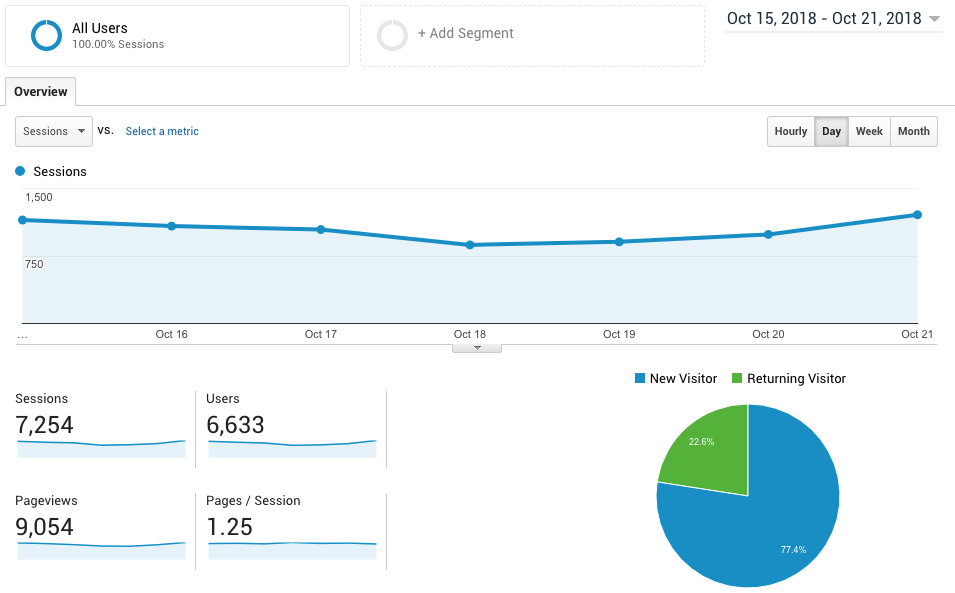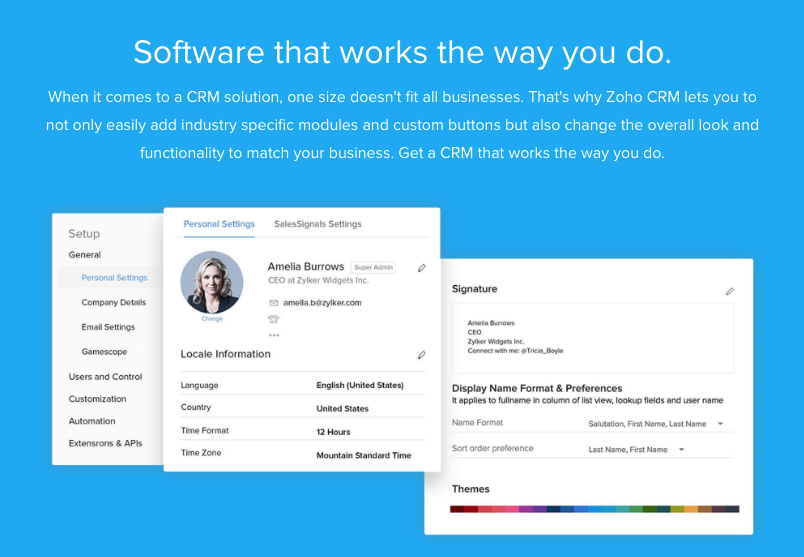One of the first steps in converting visitors into customers is making sure you know your customers. The formula isn’t perfect, but it goes something like your customers needs to know, like, and trust you. When you know your customers, you’re better able to adapt to their needs and create value that interests them.
Today, in the age of technology, it’s easier than ever to collect customer data that helps your business succeed. Understanding how to collect meaningful data that reflects your target group is one of the most important factors in decision making for business owners. Your customers are more than just numbers. They’re real, breathing humans who have interests, wants, and needs. The more you can tap into these personalities, the better you’re able to tailor your products, service, and marketing to them. Here are 5 tips to get you started.
1. It’s not all online.
While knowing how your customers are interacting with your business online and on social media is vital, it’s only a single puzzle piece. If you conduct business offline, you can leverage this insight to your advantage. While 96% of Americans shop online, many people still prefer an in-person experience. You can gather information about your target base through personal interactions.
What does in-person data look like? Consider these types of measurements:
- Store performance metrics
- Store feedback reports
- Customer surveys
The important takeaway here is that you shouldn’t focus all of your data analysis on online results. It’s a balance between the two that helps you create an accurate data picture.
2. Always ask for your referral source.
Knowing your customers is key, but knowing where they come from might be even more important. Not only does this help you keep a strong relationship with your top referrers, but it shows you where to spend your marketing dollars.
purchase amitriptyline online
You need to know what strategies are working and which are worth replacing.
Get into the habit of asking your new customers how they found you. It might be social media or word of mouth.
purchase amoxil online
No matter what it is, make sure you keep track of it. Tap into this approach to make the most of your leads.
3. Track your online presence.
As we said before, most of your users are already online. How they’re interacting with your website is one of the most important things you should look into as a business owner. Websites aren’t just for big businesses. Tracking your online presence might seem tricky if you don’t have the computer know-how to get started, but it’s well worth taking the time to learn.
The easiest way to track your online performance is through Google Analytics. This easy to use platform configures with your website to show where your audience is from, their interests, and other website usage information. For more advanced monitoring, you’ll want to have a strategy for tracking the performance of your web application. Problems with your web application or platform reflect poorly on your business, so monitoring events from Node.js is a smart step.

4. Leverage social media.
Your website is only one side of the story. Social media has come a long way in recent years, and now it’s a great tool for learning more about your customers. In many ways, social media is smarter than we are today. It knows when you’re planning a trip across the country, and it knows what you want to buy.
How can you make this information work for you? First, convert your pages or profiles into a business account. This is easy on both Facebook and Instagram, and it opens you to new analytical tools. Beyond this, don’t be afraid to interact with your users on social media. Ask them about what they’re interested in seeing more of, even if it means offering them something in return.
5. Organize Your Data
Your customer data won’t serve you well if it’s not organized. You need a clear way to stay on top of your different sources of information if you want them to work for you. If you want to keep it simple, try a tool like Google Sheets or even just a Google Doc.
There are even applications and platforms designed around organizing your data. CRM software helps you understand your customer information and keep it articulated all in one space. Salesforce and Zoho are the most popular options for business owners though they require a paid subscription.

Final Thoughts
Your customer data is the most important asset you have as a business. No matter if you’re big or small, you need data that works for you.
purchase stromectol online
As a business owner, you’re in charge of making smart decisions. This data helps you see into the minds of your customers so you can better serve them, increase your user base, and find stronger marketing strategies.
What are you waiting for? Your customers are already out there. It’s time to get to know them for yourself.


